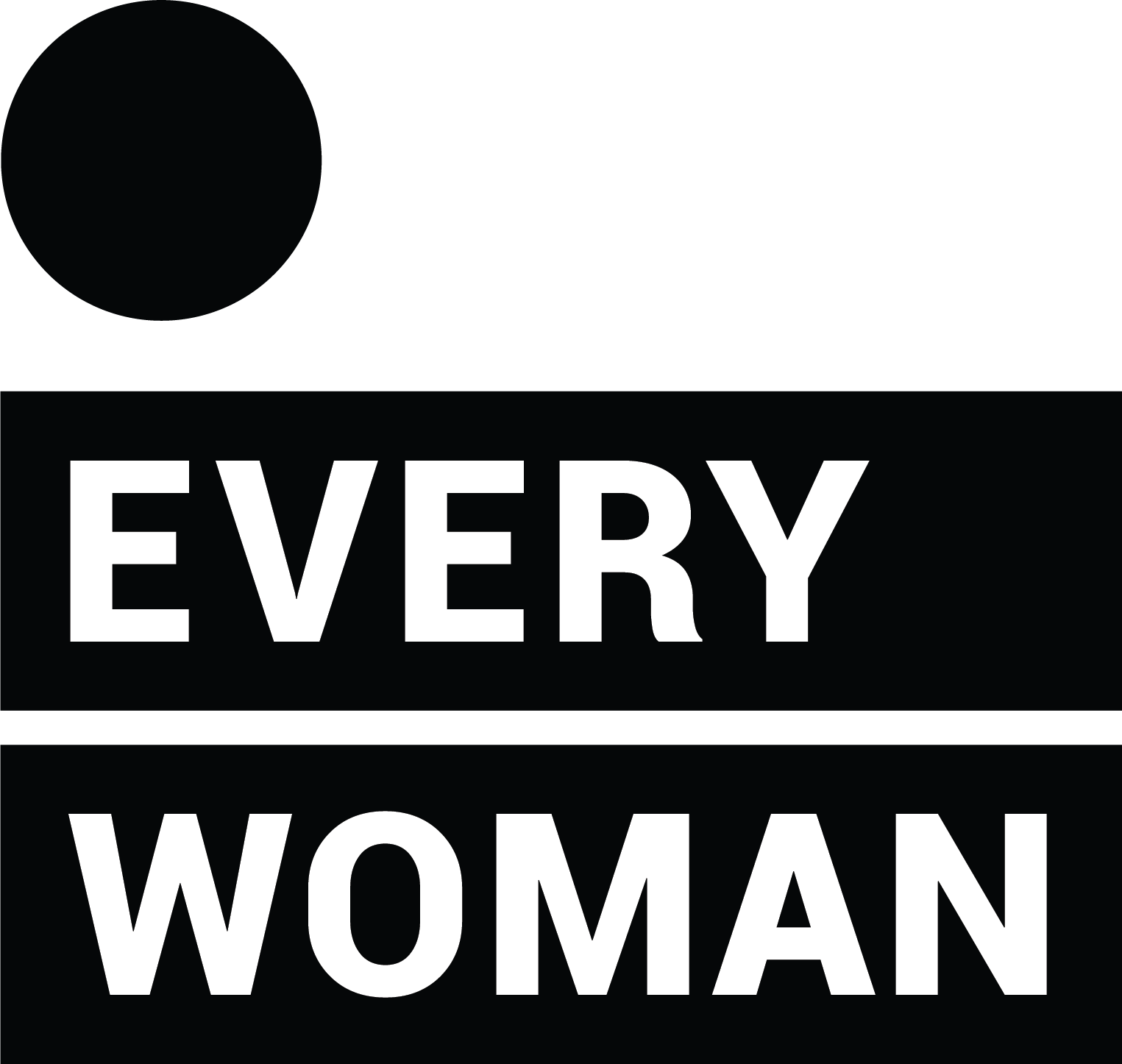Every Woman Fellows – Shaping the Future of Equality
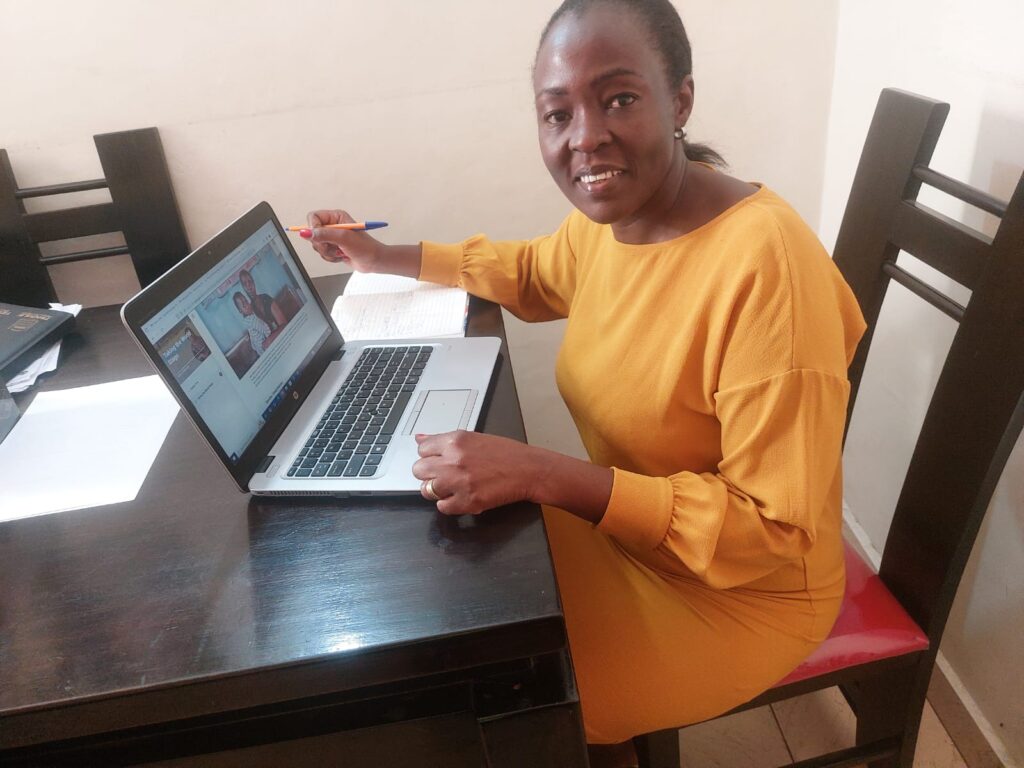
Nancy Akeyo, Kenya, participating in the Every Woman Fellowship, February 2025 The Every Woman Fellowship is an online, peer-to-peer leadership program that builds the capacity of women’s rights activists to advocate for laws and policies to end violence against women and girls. Since the program’s launch in 2021, over 400 women’s rights activists in 64 […]
Letter from New York – CSW69
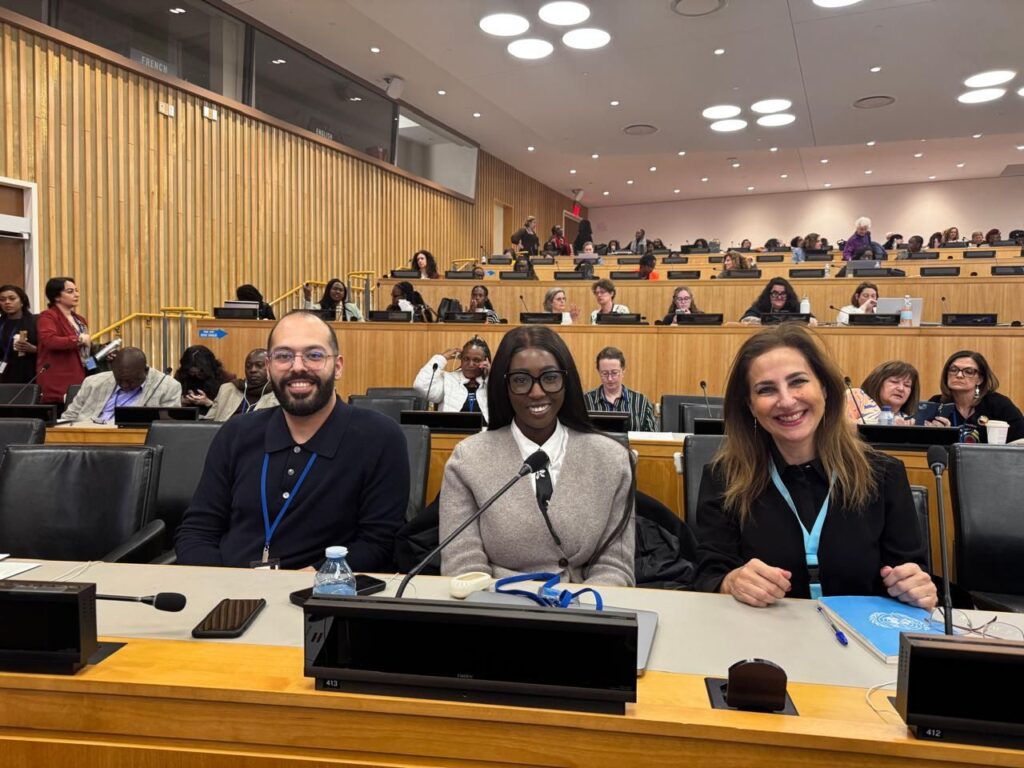
Every Woman Diplomacy Team at the United Nations By DIANE VISSOH and AMJAD CHATILA Dear Global Community, We recently returned home from attending the 69th Session of the Commission on the Status of Women (CSW) in New York. It was our first time participating in this historic gathering, and experiencing CSW in person was incredibly, […]
CSW69: The Role of a New CEDAW Optional Protocol to End Violence against Women and Girls on Women’s Health
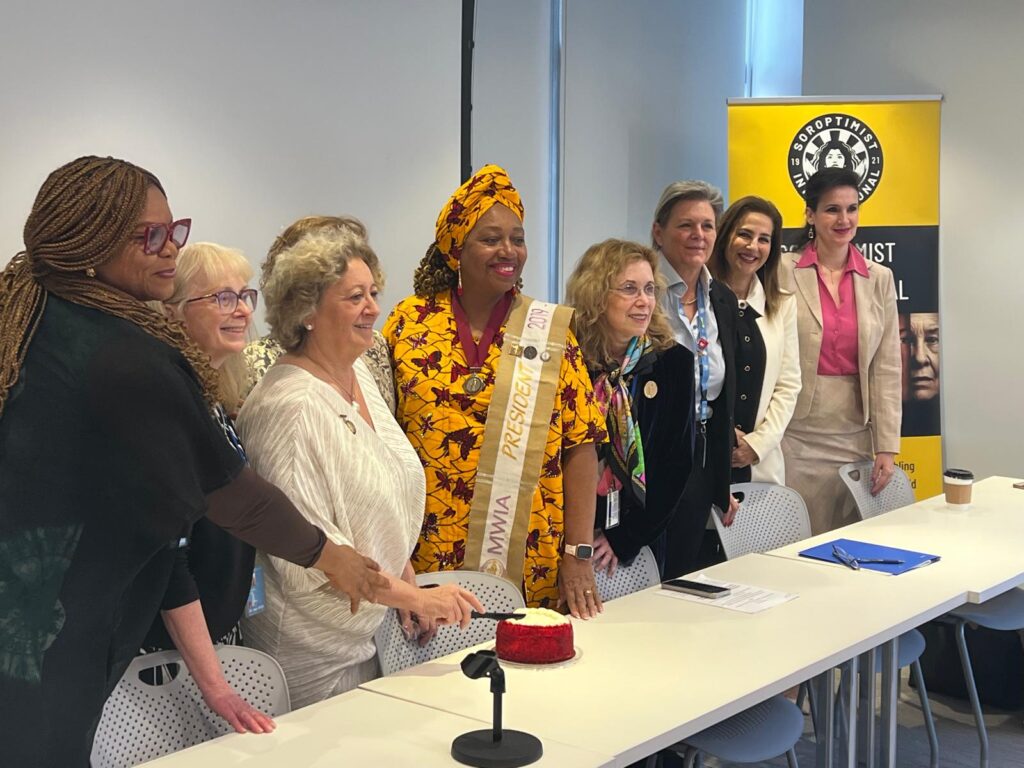
It was such an honor for Every Woman to cohost the CSW69 parallel event “WOMEN AND HEALTH: Beijing+30 – Achievements, Gaps, Challenges, Solutions.” Too often, conversations about violence against women and girls do not include a full discussion of the health consequences violence has on women’s and girls’ lives – and that violence can take […]
CSW69 Side Event: Momentum Grows for New CEDAW Optional Protocol to End Violence Against Women and Girls
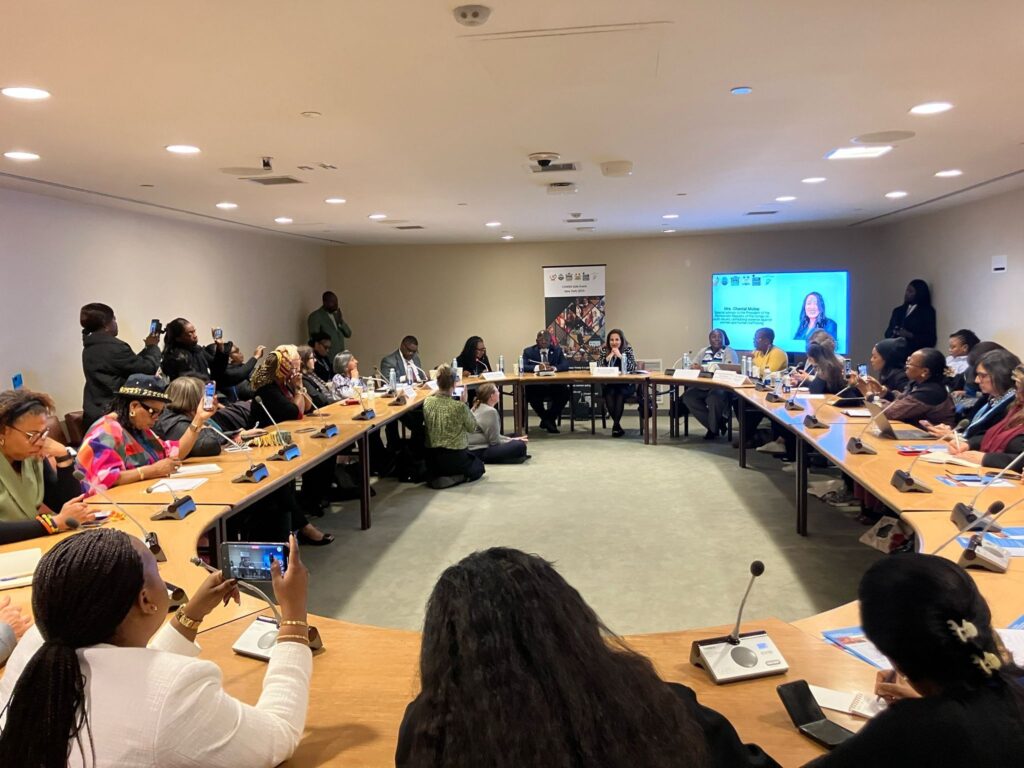
New York, NY – Representatives of multiple nations and other key stakeholders gathered at our high-level side event at the 69th Session of the Commission on the Status of Women to discuss the need for a new Optional Protocol to CEDAW aimed at ending violence against women and girls. At a time when 1 […]
CSW69: Dr. Evelyn Dürmayer, Chair of NGO CSW Vienna, briefs on SRVAWG Call for Optional Protocol to CEDAW
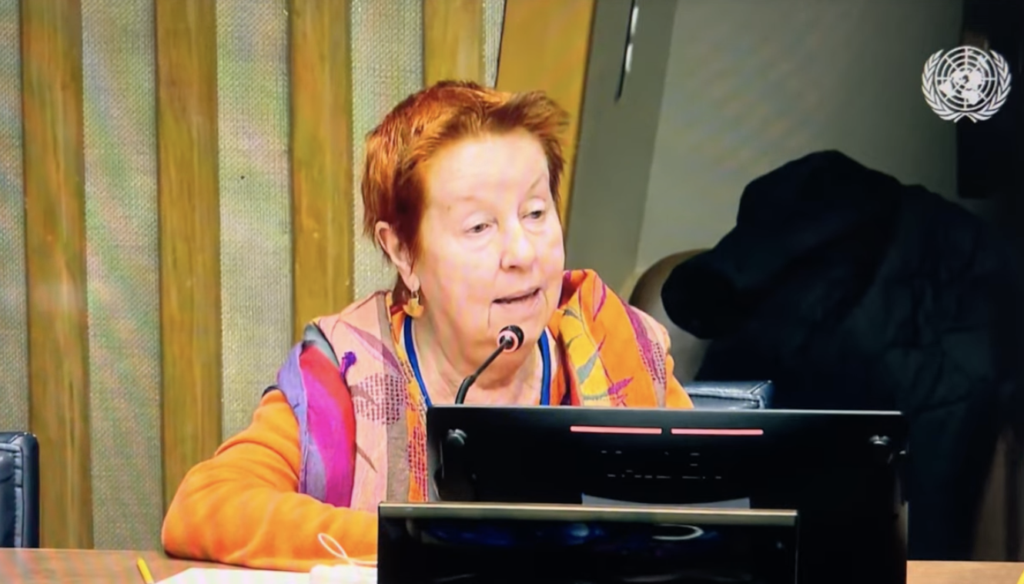
New York, NY – During the NGO Briefing at the 69th Session of the Commission on the Status of Women, the Chair of NGO CSW Vienna, Dr. Evelyn Dürmayer, used her time to support the call for a new Optional Protocol to CEDAW to end violence against women and girls. “This is a very […]
CSW69: Former Special Rapporteurs Speak on the Need for a New Optional Protocol to CEDAW at Every Woman Event
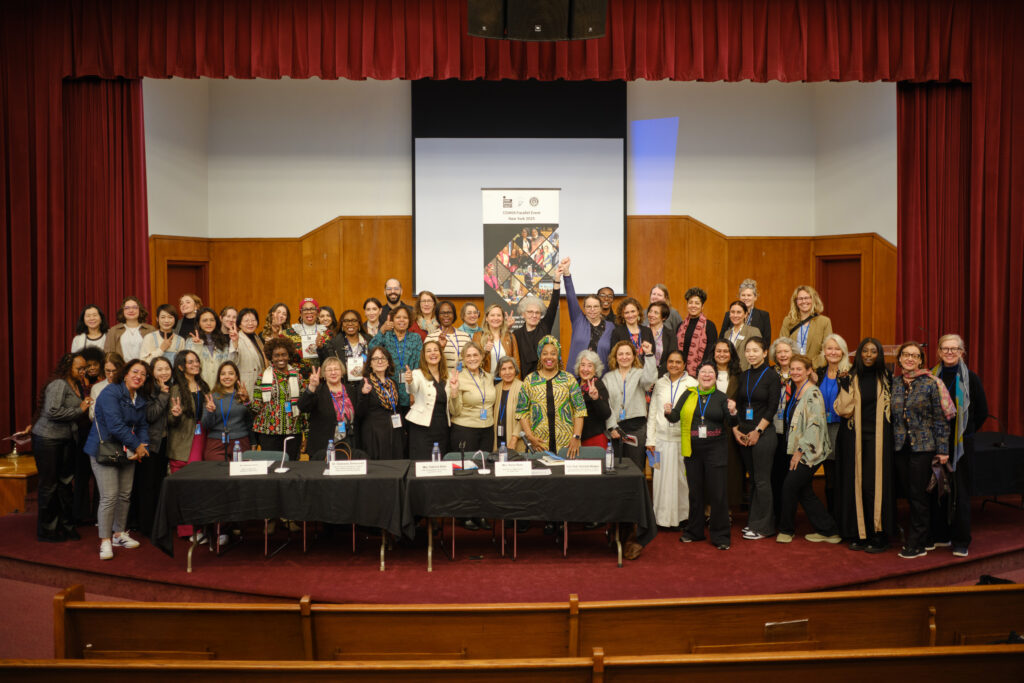
New York, NY – Every Woman, The Carter Center and Soroptimist International hosted a high-level parallel event on the need for a new Optional Protocol to CEDAW to end violence against women and girls at the 69th Session of the Commission on the Status of Women. The conversation was an opportunity to engage more women’s […]
CSW69: Global Coalition Gathers for Powerful In-Person Connection
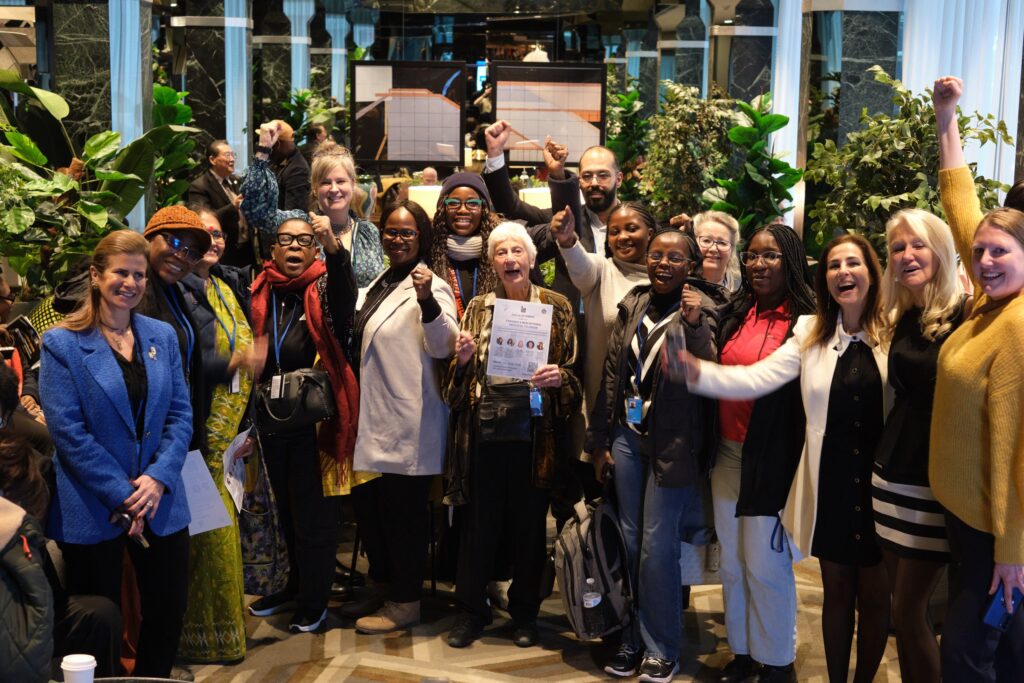
New York, NY – The energy was palpable as members of the Every Woman coalition came together in person at the 69th Session of the Commission on the Status of Women (CSW69). While the digital era has bridged communication gaps, nothing compares to the power of face-to-face engagement. CSW69 provided an invaluable opportunity for coalition […]
CSW69: Honoring Women’s Leadership: A Distinguished Gathering of Global Leaders
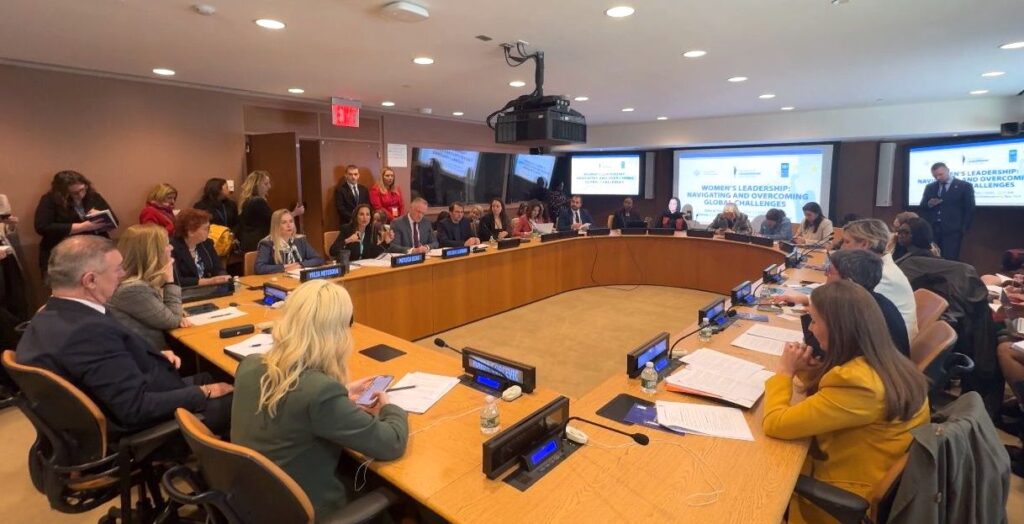
New York, NY – It was a profound honor for Every Woman, through its Chief of Global Diplomatic Campaign Lawyer Patricia Elias, to participate as a panelist at the CSW69 side event, “Women’s Leadership and Challenging Global Trends,” co-hosted by the Government of Montenegro, United Nations Development Program, and Women Political Leaders, held at the […]
Join us at CSW69 – 6 Events Online and In person!
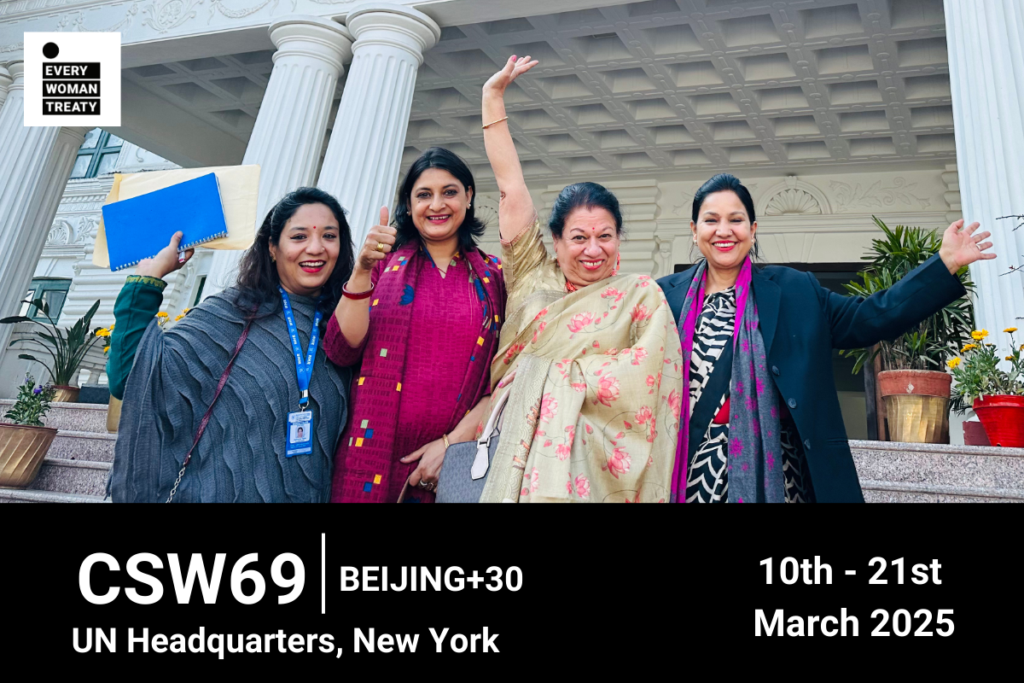
The 69th Session of the Commission on the Status of Women (CSW69) is here! This global gathering is a pivotal moment to advance gender equality, amplify women’s voices, and push for policies that create a world free from violence and discrimination. From 10th to 21st March 2025, Every Woman will join a global community […]
African Union Passes Convention to Eliminate Violence against Women and Girls
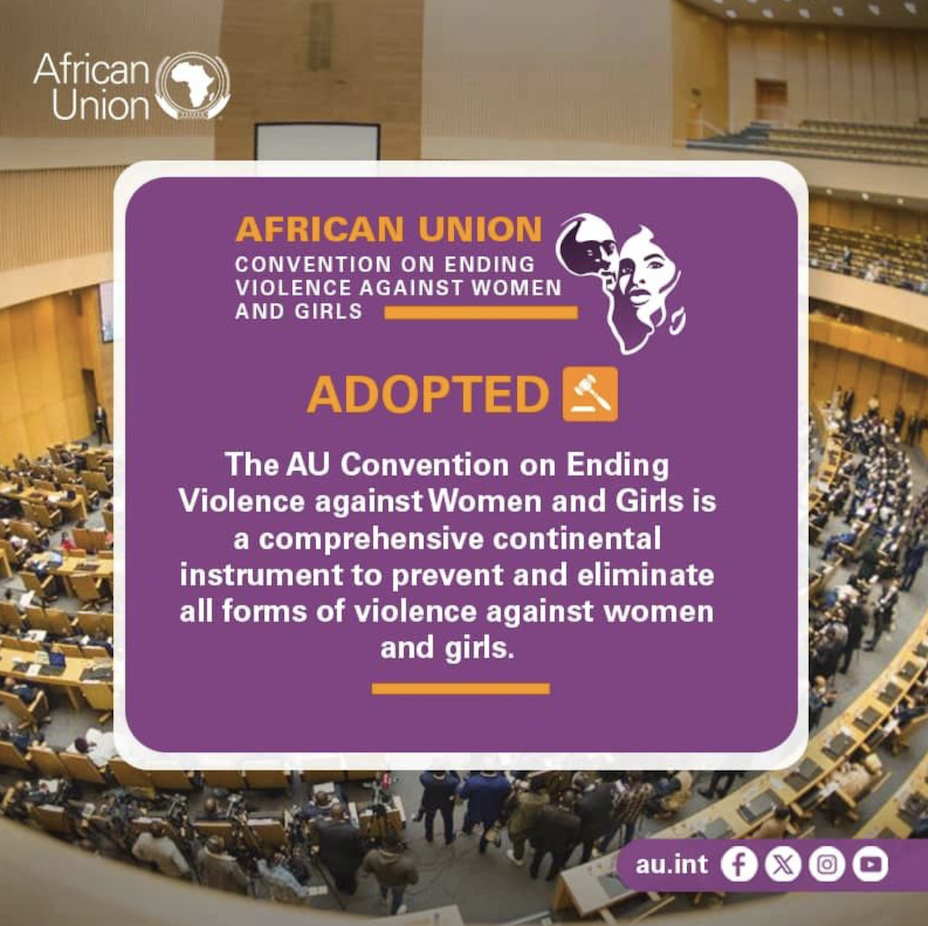
Congratulations to the African Union for adopting the AU Convention on Ending Violence Against Women and Girls (AU CEVAWG), a regional treaty dedicated to ending all forms of violence against women and girls. This new convention is a testament to Africa’s unwavering commitment to promoting and protecting the rights of women and girls across the […]
